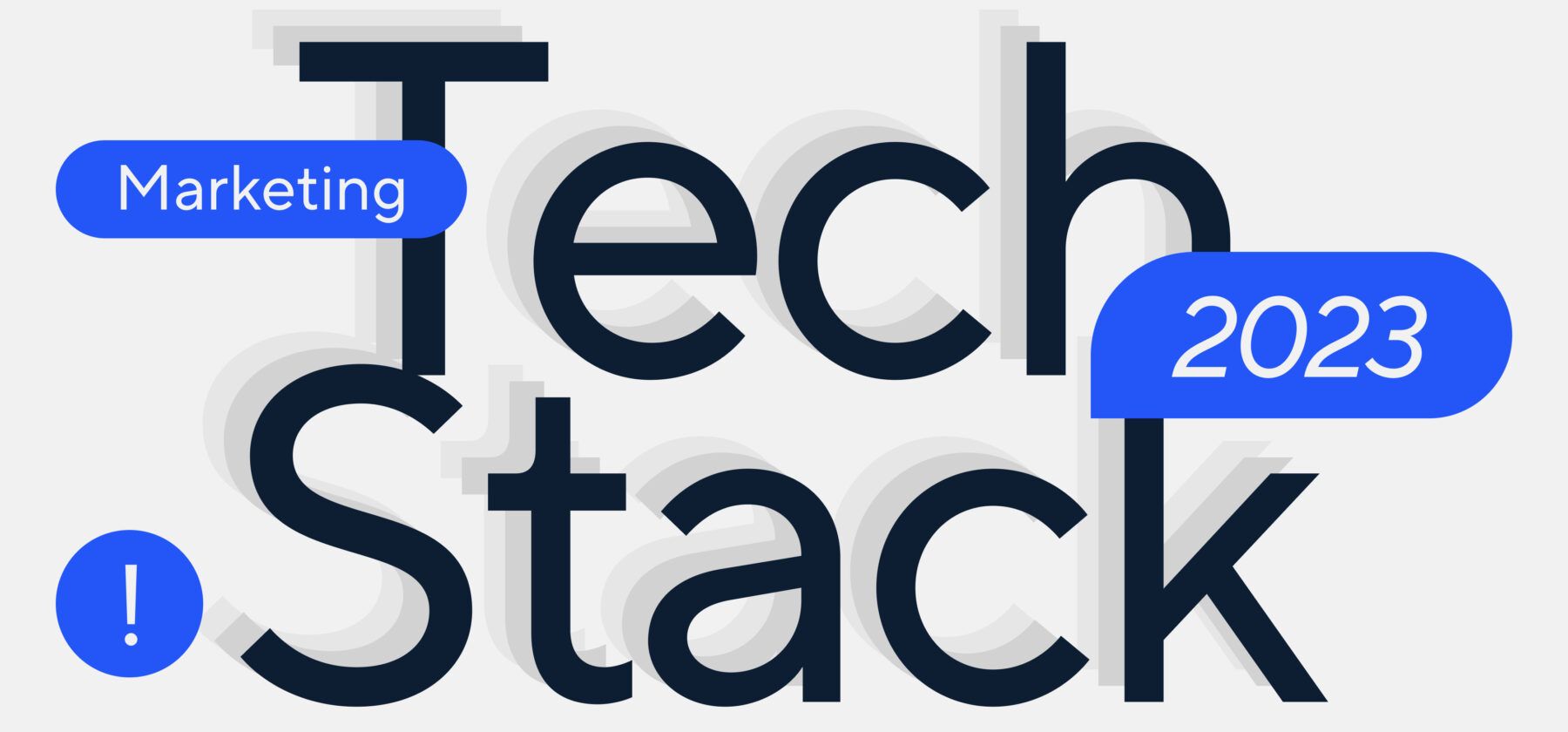WASHINGTON (Reuters) – The Trump administration labeled Switzerland and Vietnam currency manipulators on Wednesday, in an additional parting shot at buying and selling associates that could complicate issues for U.S. President-elect Joe Biden’s incoming team.
In a very long-overdue report, the U.S. Treasury also added India, Thailand and Taiwan to a checklist of buying and selling partners it suggests may well be deliberately devaluing their currencies versus the dollar.
The COVID-19 pandemic has skewed trade flows and widened U.S. deficits with buying and selling companions, an irritant to outgoing President Donald Trump, who won workplace four a long time in the past partly on a promise to shut the U.S. trade hole.
The Swiss National Bank said it does not manipulate its forex and “remains keen to intervene extra strongly in the international trade market”.
Vietnam’s central bank mentioned it would function with U.S. authorities to be certain a “harmonious and fair” trade romantic relationship.
“Vietnam’s foreign trade fee plan has for decades been managed in a way to consist of inflation, make sure macro security and not to generate unfair trade gain,” the Condition Financial institution of Vietnam claimed in a assertion.
The manipulator labels will ramp up force on Biden in advance of he requires about, For each Hammered, chief rising marketplaces strategist at SEB in Stockholm, mentioned.
“You set the agenda and drive him (Biden) into positions that he will have to get out of by some means,” Hammered reported.
A U.S. Treasury official said Biden’s transition crew experienced not been briefed, including: “They are not implicated in this.”
U.S. Treasury Secretary nominee Janet Yellen could change the results in her initially currency report, which is because of in April.
A spokesman for Biden’s workforce did not reply to a request for remark.
The President-elect’s staff has been critical of other moves by U.S. Treasury Secretary Steven Mnuchin, such as ending some Federal Reserve pandemic lending applications.
Mnuchin claimed in a assertion that the Treasury “has taken a sturdy move nowadays to safeguard economic growth and opportunity for American employees and businesses.”
China, labeled by Mnuchin as a currency manipulator in August 2019 at the top of trade tensions, was saved on the Treasury’s checking record due to its substantial trade surplus with the United States.
Mnuchin lifted the designation in January, two days before the world’s two most significant economies signed a “Phase 1” trade offer.
TRADE Edge
Countries have to at the very least have a $20 billion-in addition bilateral trade surplus with the United States, foreign forex intervention exceeding 2% of gross domestic solution and a global present-day account surplus exceeding 2% of GDP to be labeled a manipulator.
Vietnam and Switzerland much exceeded these standards, with international exchange interventions of 5% and 14% of GDP respectively. (See FACTBOX)
The report mentioned that at minimum part of Vietnam’s intervention was aimed at pushing down the dong for a trade benefit, when at the very least aspect of Switzerland’s action was aimed at pushing down the Swiss franc to reduce successful equilibrium of payments changes.
Mark Sobel, a previous Treasury and International Monetary Fund (IMF) formal, explained the manipulator designations have been “mechanistic” interpretations of the thresholds that dismissed subtleties and extenuating conditions.
These involve secure-haven inflows into Switzerland’s forex due to the pandemic and a rush of overseas investment into Vietnam in 2019, fueled by U.S. tariffs on Chinese items.
The IMF has forecast that Vietnam’s existing account surplus will fall below the 2% of GDP threshold for 2020.
“They’re missing some a lot more clear cases of harmful forex procedures,” claimed Sobel, including that Taiwan and Thailand, which narrowly skipped the intervention thresholds, “have been intervening greatly for many years.”
The Treasury official mentioned the United States will seek negotiations with Switzerland and Vietnam to deliver them again beneath the manipulation thresholds and declined to speculate on irrespective of whether the course of action could guide to U.S. tariffs on their items.
Amid solutions specified in U.S. legislation governing the currency report are restricting offending countries’ obtain to govt procurement contracts and to development finance.
Vietnam could be hit with tariffs beneath a independent probe by the U.S. Trade Representative’s business into the will cause of an undervalued dong that could be affected by the Treasury report. Some enterprise leaders dread Trump could act right before a late December hearing on the challenge, but a resource familiar with the matter said that appeared unlikely.
Taiwan said its forex guidelines had been aimed at stability and that it hopes to reduce its trade surplus with the United States to address U.S. concerns.
Thailand mentioned its addition to the checking record would have no significant effect.
The label briefly lifted the worth of the Swiss franc against a broadly smooth dollar.
Forex trading strategists said the go may possibly make it a bit a lot more tough for the SNB to intervene, but the easing of the coronavirus pandemic would decrease upward pressure on the franc.
The Thai baht leapt to a seven-year peak as traders reckoned Thailand’s central bank may well ease off its baht providing. The dong inched up to a two-7 days higher and the Taiwan greenback made a new 23-12 months peak. [EMRG/FRX]
The additions of India, Thailand and Taiwan leave the Treasury monitoring record at 10, with China, Japan, South Korea, German, Italy, Singapore and Malaysia previously on it. Vietnam and Switzerland ended up upgraded and Eire was eliminated.
The report stated that India and Singapore experienced intervened in the overseas exchange market in an “asymmetric manner” but did not satisfy other specifications to warrant a manipulator label.
Reporting by David Lawder More reporting by Andrea Shalal in Washington, Dan Burns in New York, John Revill in Zurich, Saikat Chatterjee in London, Khanh Vu and James Pearson in Hanoi and Shriya Ramakrishnan in Bengaluru Editing by Sam Holmes, Stephen Coates and Richard Pullin







